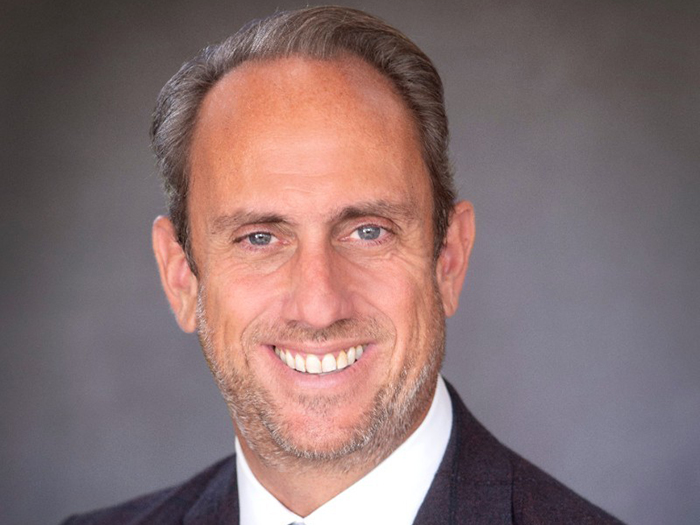Why a Return to the Office Warrants an Urgent EPLI Review

It’s no secret COVID-19 was on every attendees mind at the 2022 RIMS annual conference. The event was the first in-person RIMS conference since 2020’s was canceled and one of San Francisco’s Moscone Center’s first in-person events since the pandemic began.
While attendees rejoiced in the ability to meet in-person once again, many employers and risk managers had their eyes turned to the future. Questions over in-person, remote or hybrid work models and the risks they may pose abounded.
During the session “Returning to Work? Check the Health of Your EPLI Coverage” presenters Kyra Phelps, director of insurance and risk management for Eleven, and attorney Daniel Healy, partner with Anderson Kill, LLP, addressed some of those questions by diving into the nuances of one critical coverage area: Employment Practices Liability.
Their session detailed multiple scenarios employers may face in this changed EPL environment and what insurance coverages can help manage the risk.
A Number of Potential EPLI Claims Could Arise from the Pandemic
The speakers detailed a number of potential EPLI scenarios employers could face as a result of returns to the office. Here are a few of the scenarios they discussed:
- Employees could claim they were wrongfully terminated — or discriminated against — over vaccine mandates.
- Employees who have worked remotely for the duration of the pandemic may request to continue working from home as a disability accommodation and file an ADA suit if an employer does not comply.
- An employee who chooses to mask when others do not may allege they were harassed by their coworkers, leading to a claim.
- Conversely, an employee who chooses not to mask, when others continue to wear them may allege they were harassed or treated unfairly, resulting in a claim.
Many of these scenarios involve situations where an employee alleges they were discriminated against as a result of disparate treatment, rather then because an employee is a member of a protected class.
“Discrimination is defined in a number of different ways. Today, we’re talking about discrimination as disparate treatment,” Healy said.
The presenters said this is especially true when it comes to mask wearing and vaccination status — two issues that have become politically charged and may leave employees feeling
“We really started to think about those wearing masks and those not wearing masks really as a protected class,” Phelps said.
Hybrid Work Models: Another EPLI Risk
Beyond pandemic safety measures like masking and getting vaccinated, employers could face EPLI risk when they’re crafting their return-to-office policies.
Many employers who pivoted to remote work as a safety precaution during the pandemic are now considering permanent remote or hybrid arrangements.
If companies fail to implement these models correctly, they could open themselves up to EPLI risk. Here are a few scenarios the presenters described:
- If a remote employee is passed over for a promotion in favor of someone who works in-person at an office, they may allege unfair treatment, resulting in a wrongful deprivation of opportunity claim.
- If return to office policies are implemented unevenly, employers could face discrimination claims.
- COVID-19 testing could result in privacy claims if an employee feels any medical data was shared intentionally or inadvertently with coworkers.
- An employee could file a harassment claim if they feel their coworker is dressing or acting inappropriately over Zoom.
“COVID has changed us forever,” Phelps said. “[Employers need to be] creating policies and procedures and processes and … new management strategies for in-person work or remote or hybrid environments.” &










